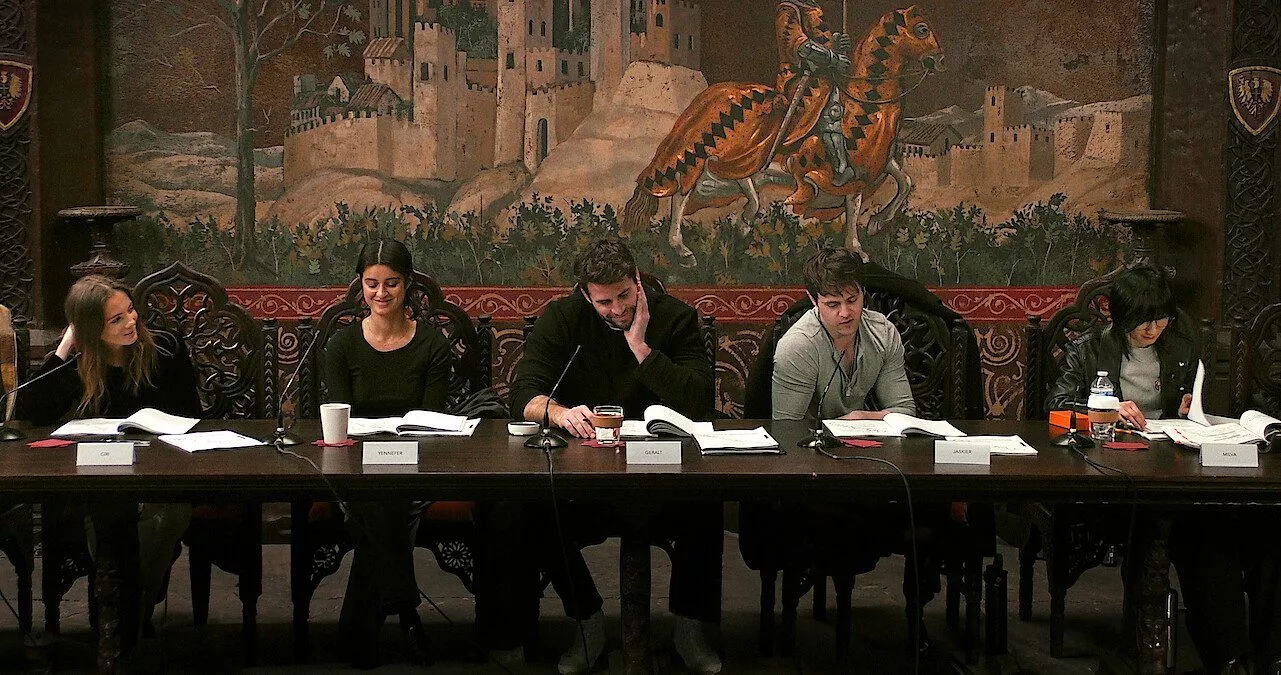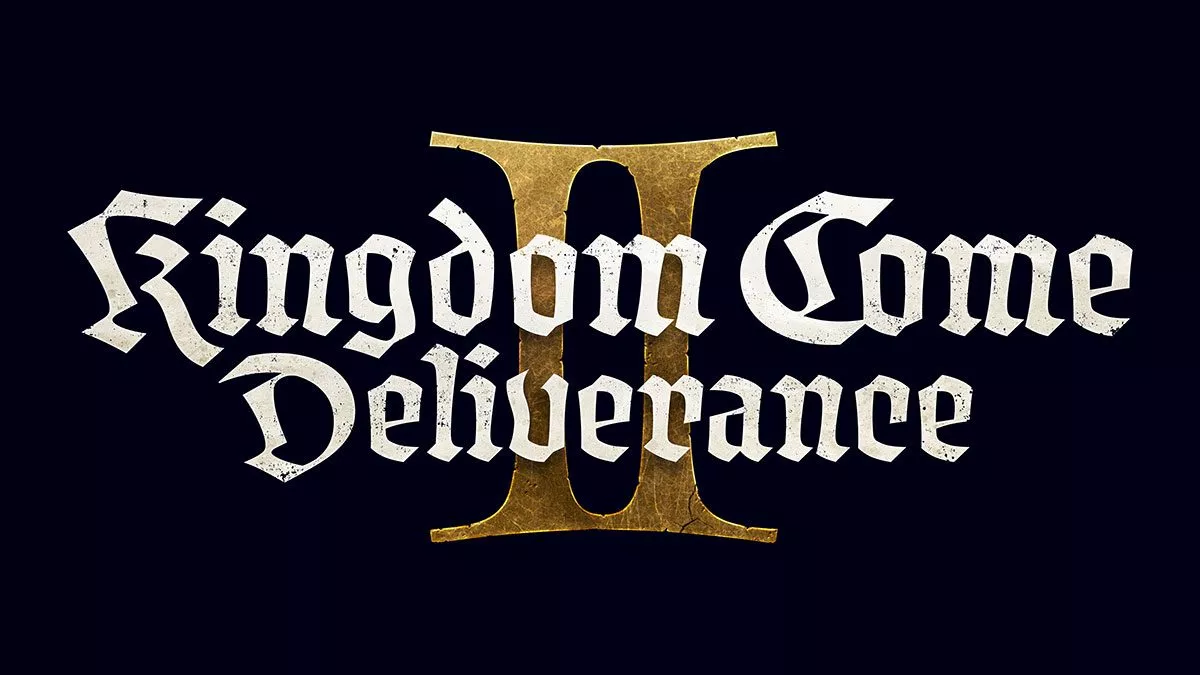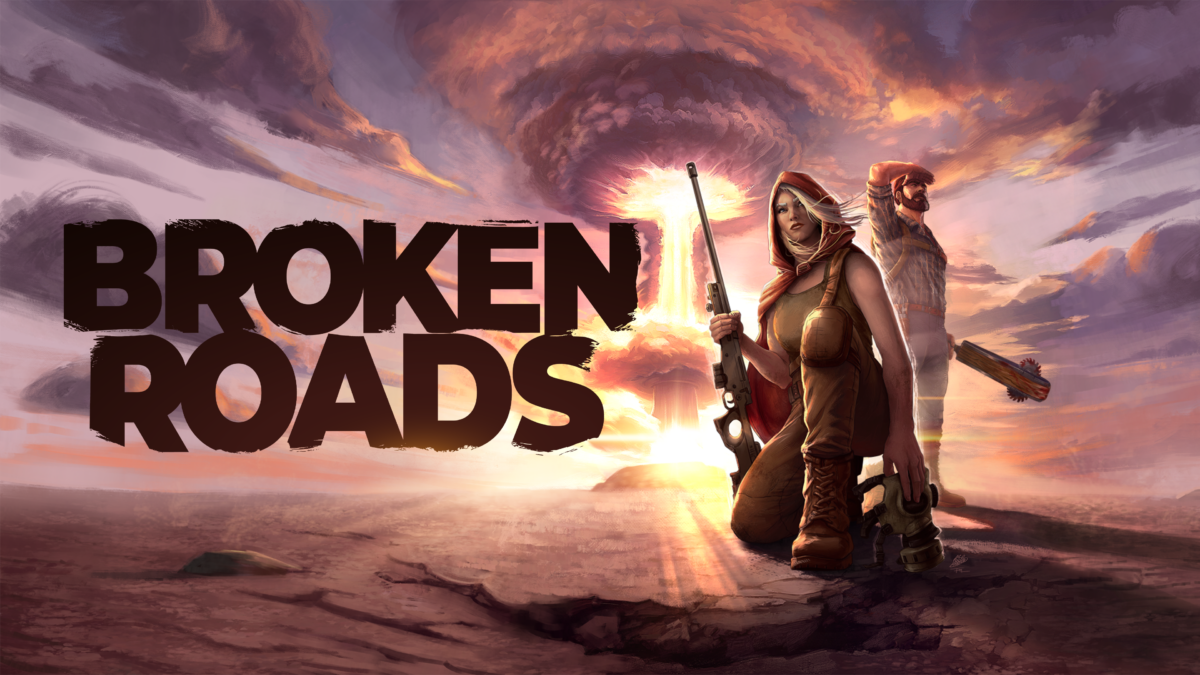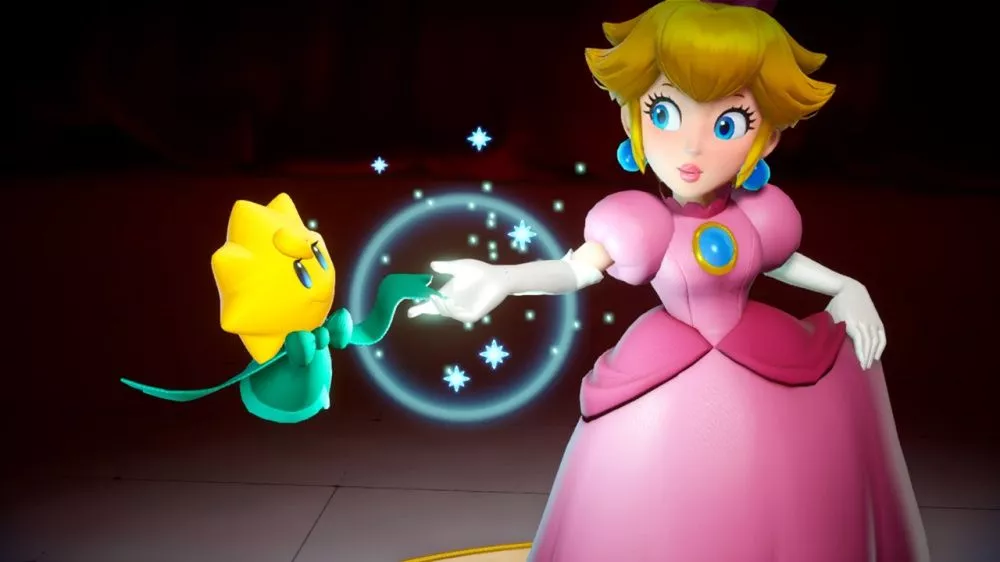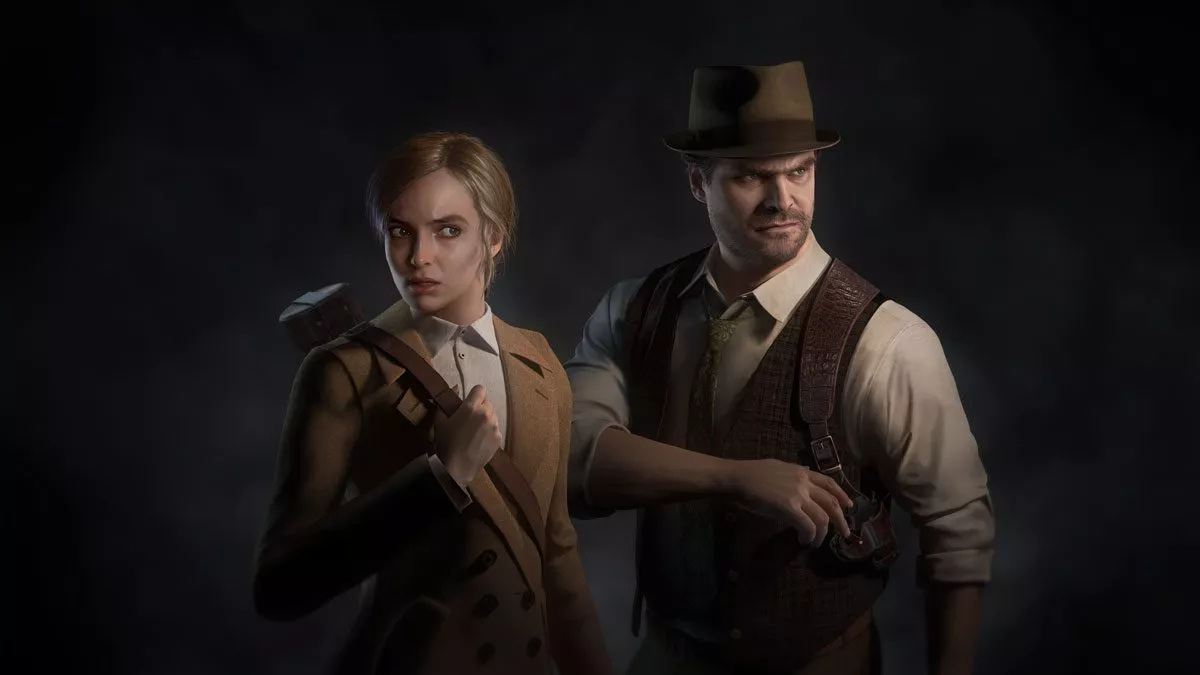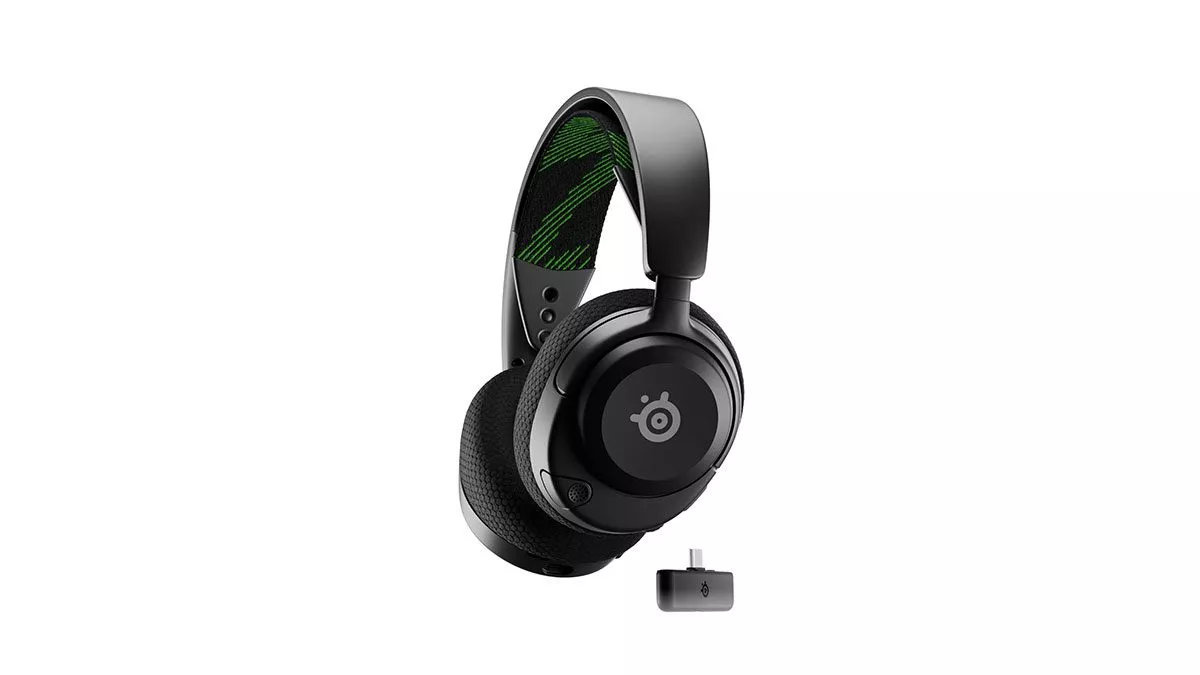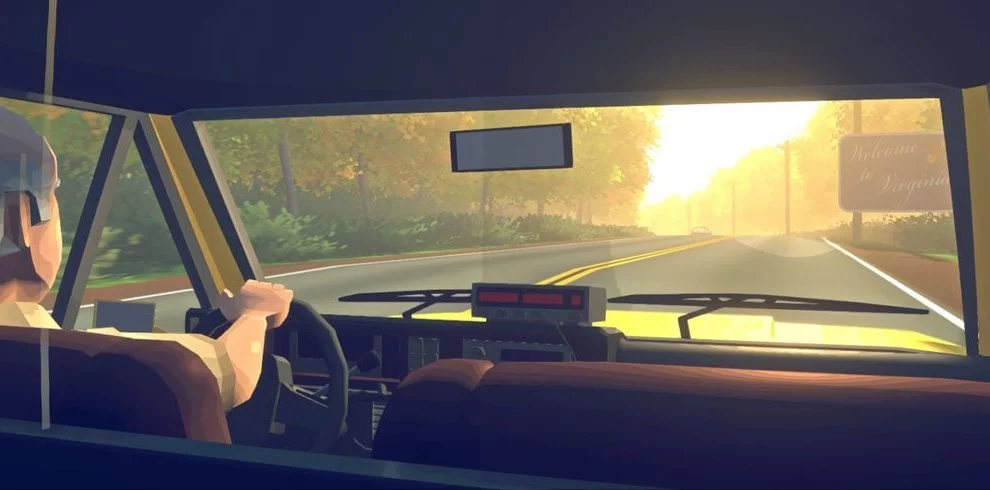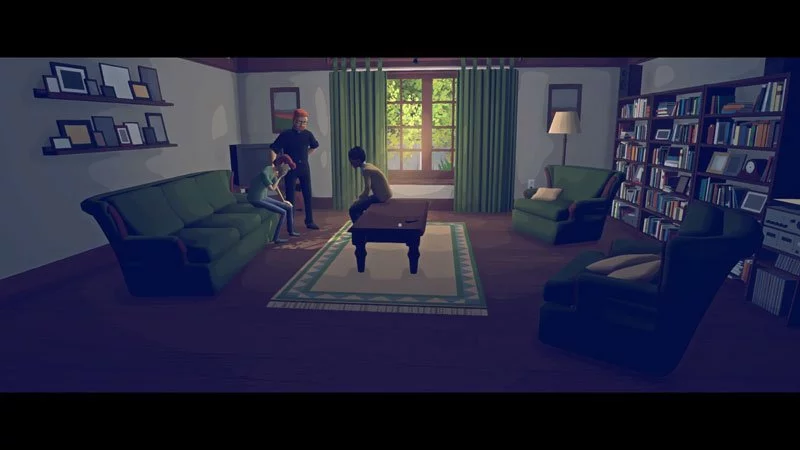Virginia is one of those games that can, without sarcasm, be referred to as a ‘narrative experience’. Following a newly-recruited FBI agent, it’s based on an actual FBI case from 1992 involving a missing child in a Virginia town. Virginia sees you following a story based on these true events through the eyes of Agent Anne Tarver.
In almost all coverage leading up to its release, Virginia’s developers have admitted to having trouble describing their game without drawing connections with Twin Peaks, the cult classic 1990s series. Luckily for them, I’ve never seen the series (please, hold your outrage to the end of the review) so I’m able to offer an unfiltered outlook on the title.
While there is some freedom to roam around, Virginia is a tightly controlled narrative. You take the role of Anne Tarver, a freshly-minted FBI agent, as you partner with the more experienced Maria Halperin on a missing persons case. What Halperin doesn’t know is that you’re also working on an Internal Investigations case around her, a fact that consistently puts Tarver on edge throughout. It’s worth noting that this game, set in the early 90’s, revolves around two women of colour in positions of relative authority – while they are both qualified agents, they are definitely not ranked highly in their roles.
It’s also worth noting that all of the above is masterfully established without any dialogue whatsoever – not a word is spoken by any character at any point, forcing both the developers and yourself as the player to intuit the story through visual and musical clues. Tarver’s nerves at investigating Halperin are hinted at through moments of controlled camera to indicate her point of view, as well as the visual of her hand movements, keeping the case file concealed from her partner. Likewise, the two womens’ relative position in the Bureau is indicated by the fact that Halperin’s office is situated far below ground, after wandering through office floors, an incredibly deep stairwell and a basement corridor to your final destination.
Outside these environmental cues, Virginia’s relatively simple visual style still manages to pack a lot of information by way of subtle character movements and facial expressions. It’s clear from the get-go that Halperin isn’t exactly overjoyed to have a new co-worker, and the various faces you meet on your trip through this story likewise give you all the information you need to put the story together as you go.
Of source, the game doesn’t do you any favours in helping you understand what’s going on. In something akin to the snappy editing of TV shows of this era, once you achieve your objective in any given area you’ll find yourself smash-cutting to another location to continue the narrative. It’s definitely disorienting at first but for a game focused on telling a story without words, it keeps you from wandering in circles in one spot without realising you’ve done everything you need to do. Especially towards the end, Virginia has you jumping from one location to another so rapidly, it’s a credit to the art style that it’s able to cycle through different environs so rapidly.
It’s a good thing that Virginia is such a neatly-packed experience, because I definitely needed to run through it twice to get a firmer grip on the story being told. Clocking in at about two hours, it’s a good idea to run through once for the story, and a second time to explore more deeply into the minutiae and context clues that help fill in the gaps, once you have an idea of the overarching plot – and if you want to fill out your trophy list, to boot. Having a (relatively) firm grasp of the story, I’d be curious to learn more about the real-world FBI case it draws inspiration from. If you’ve been itching for another ‘thinker’ game, Virginia might just be right up your alley.
Virginia was reviewed using a promotional code on PS4, as provided by the publisher.
Review: Virginia
 |
|
The good
|
The bad
|
Want to know more about our scoring scale?
This article may contain affiliate links, meaning we could earn a small commission if you click-through and make a purchase. Stevivor is an independent outlet and our journalism is in no way influenced by any advertiser or commercial initiative.


